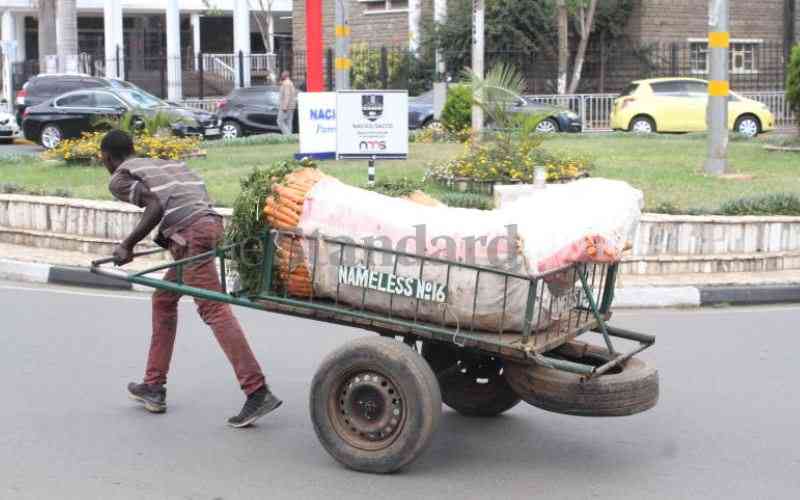×
The Standard e-Paper
Fearless, Trusted News

Experts have questioned the government's push to slash workers' salaries by raising their monthly contributions even as it remains silent on how to stem runaway corruption and wastage.
Besides pushing for increased monthly contributions to the National Social Security Fund (NSSF), President William Ruto also wants everyone, including the hustlers who eke out a living in the ubiquitous informal sector where the pay is low and erratic, to pay taxes.